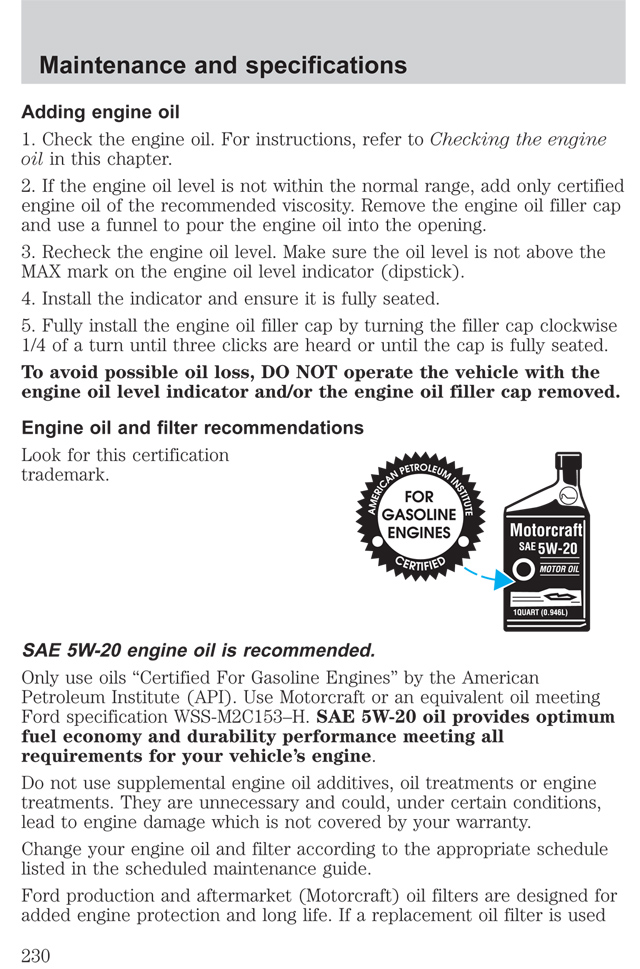Many,many posts contain warranty concerns for doing this or that.
The Factory Warranty is a non issue in the US....Period. An OEM cannot void a factory warranty because you use a viscosity oil not listed or a non OEM filter or an aftermarket part installed by the owner...period!
A failure must occur that can be attributed to the lubricant/filter/ or part used. If the OEM can't prove that, they must provide warranty coverage for the failed component....Period.
It's time to put these warranty concerns to rest. If the oil/filter/part didn't cause a failure, the OEM factory warranty can't be voided. The burden of proof is on the OEM in the US. The magnuson moss warranty act of 1975 provides this protection for any car bought in the US.
However, be advised that this may not true for "so-called" extended warranties, which are, in many cases, insurance policies or service contracts. check the mice type. You might be surprised with what you have. Unless it is truly an extended OEM warranty, the Magnuson Moss Warranty Act may not apply. Insurance policies and service contracts, that provide repairs may not cover you if you violate any provisions of your manual (including NOT having your vehicle serviced at an OEM dealership). Know what you really have and service your vehicle accordingly. In may cases, an extended "so Called" warranty is an expensive trap, not the piece of mind, it was sold as.
Needless to say, I do not buy extended 3rd party warranties for this reason.
The Factory Warranty is a non issue in the US....Period. An OEM cannot void a factory warranty because you use a viscosity oil not listed or a non OEM filter or an aftermarket part installed by the owner...period!
A failure must occur that can be attributed to the lubricant/filter/ or part used. If the OEM can't prove that, they must provide warranty coverage for the failed component....Period.
It's time to put these warranty concerns to rest. If the oil/filter/part didn't cause a failure, the OEM factory warranty can't be voided. The burden of proof is on the OEM in the US. The magnuson moss warranty act of 1975 provides this protection for any car bought in the US.
However, be advised that this may not true for "so-called" extended warranties, which are, in many cases, insurance policies or service contracts. check the mice type. You might be surprised with what you have. Unless it is truly an extended OEM warranty, the Magnuson Moss Warranty Act may not apply. Insurance policies and service contracts, that provide repairs may not cover you if you violate any provisions of your manual (including NOT having your vehicle serviced at an OEM dealership). Know what you really have and service your vehicle accordingly. In may cases, an extended "so Called" warranty is an expensive trap, not the piece of mind, it was sold as.
Needless to say, I do not buy extended 3rd party warranties for this reason.



